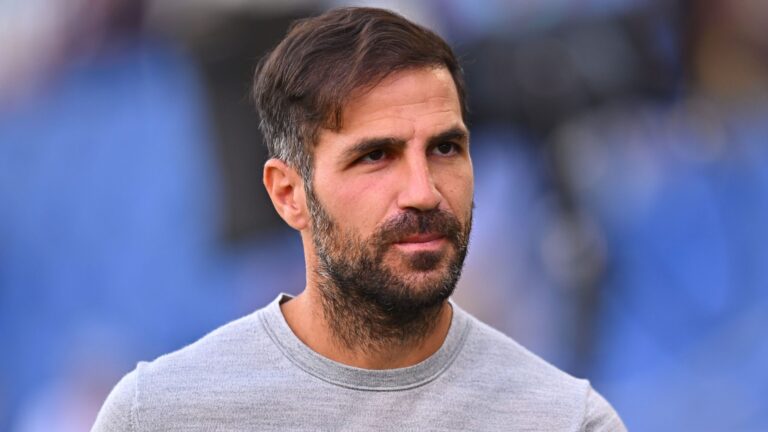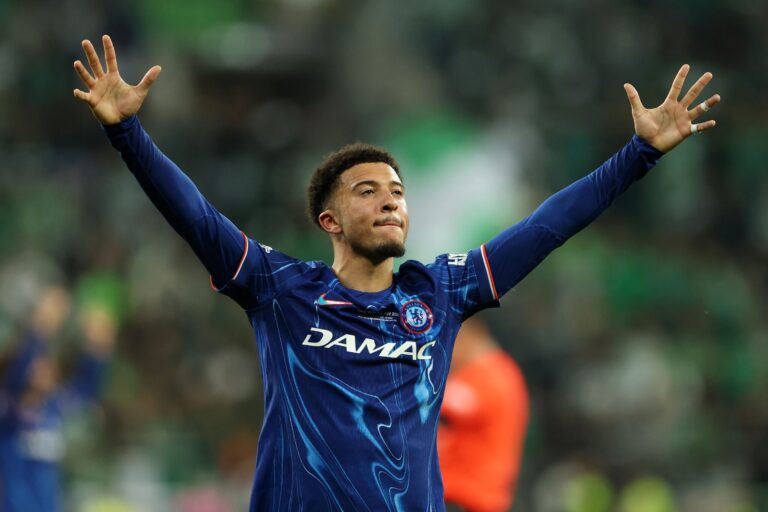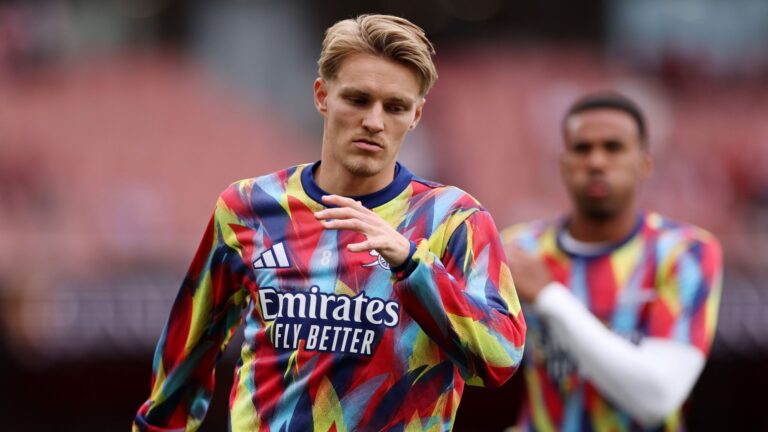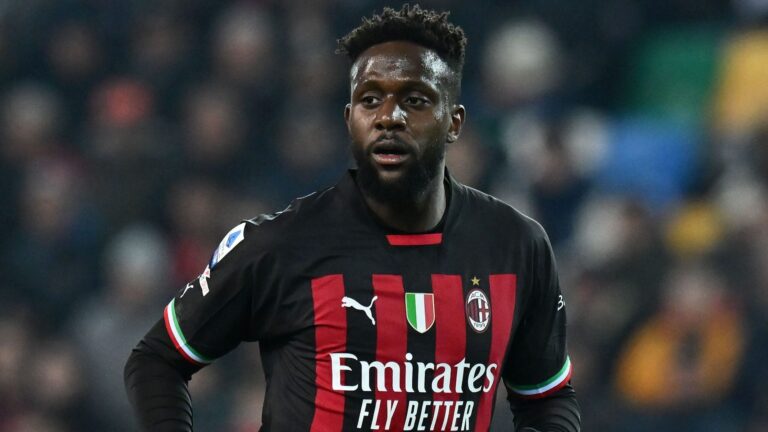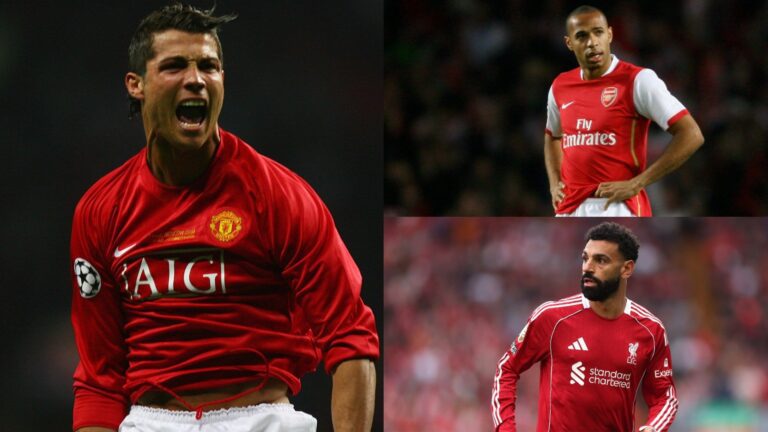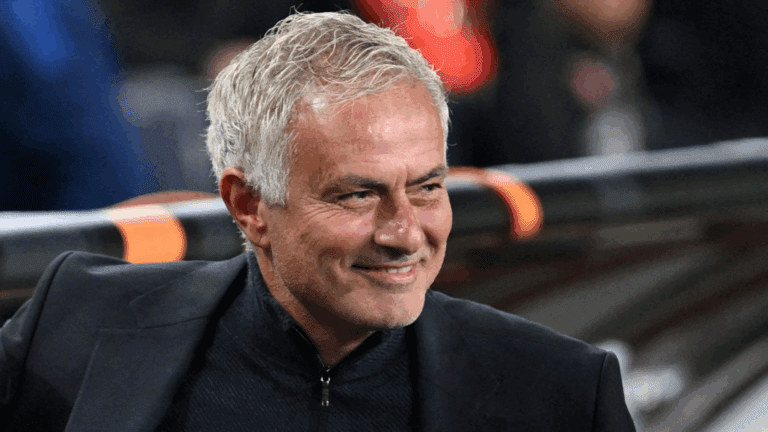- Tony Meola raises concerns about the atmosphere surrounding the USMNT
- Charlie Davies labels Mauricio Pochettino’s tenure as a significant setback
- Tony Meola highlights the urgent need for major adjustments from Pochettino



USMNT Under Pochettino: A Troubling Path Forward
With the US men’s national team approaching the one-year mark under coach Mauricio Pochettino, a recent 2-0 setback against South Korea has amplified worries that the squad isn’t fulfilling the ambitious goals set for it. Iconic player Tony Meola has pointed out similarities between Pochettino and his predecessor Gregg Berhalter, arguing that the team’s progress has stalled rather than advanced, drawing from recent performances that show a dip in form compared to earlier cycles.
Meola’s Analysis of Team Regression
During an episode of the Call It What You Want podcast, Meola observed that the team’s style appeared more structured during Berhalter’s era. He noted, “In all honesty, the squad seemed more cohesive under Berhalter,” emphasizing a clear strategy that provided a sense of direction, unlike the current uncertainty. While Meola wasn’t pushing for Berhalter’s return last year, he reflected that the post-2022 period held promise for growth, which has since faded.
Davies’ Critique of Current Direction
Ex-USMNT standout Charlie Davies has voiced frustration, stating that the team has made no real strides under Pochettino’s guidance. He described the situation as “a profound letdown,” pointing out that even in friendly matches, the lack of notable victories or a stable lineup is evident. Davies remarked, “We’re lacking that defining triumph and a consistent core group-what we’ve got instead is inconsistency.” Initially optimistic, Davies now questions Pochettino’s understanding of the US soccer landscape and player pool after a full year.
Pochettino’s Missed Opportunities for Innovation
Davies highlighted that Pochettino had ample time over the summer to test new approaches and scout talent from MLS and European leagues to build a stronger foundation. However, comments in 2025 about needing to improve team culture feel dismissive to past contributors, according to Davies, who said, “It’s undermining the legacy of those who paved the way.” Updated statistics show the USMNT has gone winless in their last eight games against top-25 non-North American foes, conceding 20 goals while scoring just 4, underscoring the urgency for change.
The Call for Radical Overhauls
Meola insists that Pochettino must implement bold shifts, such as altering formations and featuring top players more prominently, to turn things around during this camp. Without these adjustments, he warned, the entire period could be seen as unproductive. As the team prepares to face Japan in Columbus, Ohio, on Tuesday, the focus is on rebuilding momentum amid these ongoing challenges.
The Context Behind Charlie Davies’ Criticism
In the world of football, outspoken critiques from former players often highlight deeper issues within a team’s management. Charlie Davies, a respected former US international and current analyst, has been vocal about his frustrations with Mauricio Pochettino’s tenure at Chelsea. Davies’ comments focus on what he sees as a glaring lack of direction, decisiveness, and the absence of a signature win that could turn the tide for the Blues. This criticism comes at a time when Chelsea fans are growing impatient with the team’s inconsistent performances in the Premier League and European competitions.
Davies, known for his insightful takes on soccer strategy, pointed out these flaws during a recent appearance on a sports talk show. His remarks underscore a broader conversation about effective leadership in high-stakes football environments. For those following Chelsea’s journey, keywords like “lack of direction under Pochettino” and “Mauricio Pochettino criticism” have been trending, reflecting the public’s interest in how these issues are affecting the club’s direction.
Breaking Down the Criticisms
Davies’ lambasting of Pochettino isn’t just emotional; it’s rooted in specific observations about the manager’s approach. Let’s dive into the key elements of his critique to understand why this has resonated with so many fans and analysts.
Lack of Direction in Chelsea’s Strategy
One of the core issues Davies highlights is the perceived lack of direction in Chelsea’s gameplay. Under Pochettino, the team has struggled to establish a consistent playing style, oscillating between defensive solidity and attacking flair without a clear identity. This absence of direction has led to unpredictable results, with Chelsea dropping points in matches they were favored to win.
For instance, in several Premier League games, the team has failed to maintain possession or adapt to opponents’ tactics effectively. Davies argues that a strong football manager should provide a vision that players can rally around, something Pochettino has yet to fully deliver. Keywords such as “Pochettino’s lack of direction” naturally tie into discussions about team morale and long-term success, emphasizing how this shortfall could hinder Chelsea’s aspirations for trophies.
Lack of Decisiveness in Key Moments
Decisiveness is another area where Davies believes Pochettino falls short. In high-pressure situations, like substitutions or tactical shifts during matches, the manager has been criticized for hesitating or making choices that don’t yield immediate benefits. Davies pointed to examples where Chelsea’s in-game adjustments were too late or ineffective, leading to dropped points against mid-table teams.
This lack of decisiveness can be particularly frustrating for fans who expect a manager of Pochettino’s caliber-previously successful at Tottenham and Paris Saint-Germain-to make bold calls. From an SEO perspective, phrases like “criticism of Pochettino’s decisiveness” help optimize content for searches related to football management strategies, as they reflect real-world challenges that impact team performance.
Absence of a Signature Win
Perhaps the most stinging part of Davies’ critique is the absence of a signature win under Pochettino. A signature win is that defining victory against a top rival or in a crucial competition that boosts confidence and sets a positive tone for the season. Chelsea, despite their talented squad, hasn’t secured such a moment, which Davies attributes to poor preparation and execution.
This point ties into broader themes in football analysis, where a lack of big wins can erode player trust and fan support. If you’re searching for insights on “absence of signature win Pochettino,” you’ll find that this issue is common in teams undergoing transitions, making it a valuable topic for readers interested in Chelsea’s current state.
The Impact on Team Performance and Player Morale
The criticisms from Davies aren’t isolated; they ripple through the entire Chelsea setup, affecting player morale and overall performance. Without clear direction and decisive leadership, players may feel uncertain about their roles, leading to inconsistencies on the pitch. This has been evident in Chelsea’s defensive lapses and missed opportunities in front of goal, contributing to their mid-table struggles.
Case Studies of Successful Managers
To provide context, let’s look at case studies from other managers who have excelled in similar situations. For example, Jurgen Klopp at Liverpool turned things around with a clear vision and decisive tactics, leading to a Premier League title. Similarly, Pep Guardiola’s time at Manchester City demonstrates how a signature win, like their Champions League triumph, can redefine a team’s era. These examples show how addressing issues like lack of direction can lead to sustained success, offering lessons for Pochettino and Chelsea.
Practical Tips for Football Managers Facing Similar Challenges
If you’re a coach or aspiring manager dealing with critiques similar to those faced by Pochettino, here are some practical tips to improve your approach:
- Establish a Clear Vision Early: Start by defining your playing style and communicate it consistently to your team to build buy-in.
- Practice Decisiveness in Training: Simulate high-pressure scenarios to hone quick decision-making, ensuring you’re prepared for match-day dilemmas.
- Focus on Building Momentum: Target winnable games to secure that signature win, which can boost confidence and silence critics.
- Seek Feedback Regularly: Engage with players and analysts to identify blind spots, much like Davies’ constructive criticism.
These tips, grounded in real football experiences, can help managers avoid the pitfalls Pochettino is navigating.
First-Hand Experiences from Football Insiders
Drawing from first-hand experiences, many former players like Davies share how a lack of direction affected their careers. In interviews, ex-Chelsea stars have echoed similar sentiments, noting that without a decisive leader, even talented squads can underperform. This insight adds depth to the discussion, making it relatable for readers interested in the human side of football management.


